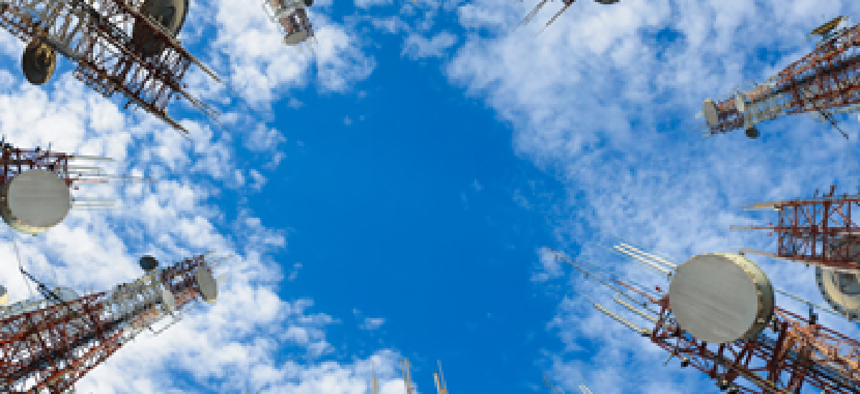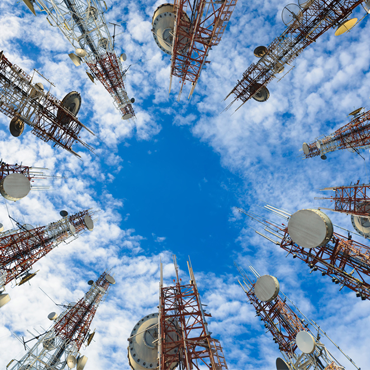States can keep options open on FirstNet

Even though all 50 states have opted into FirstNet's and AT&T's plans for a nationwide wireless first responders' network, Verizon reminds them they're not obligated.

Just because states have opted into AT&T and FirstNet's plans for a nationwide wireless public safety network, governments still have the option to use another network for their communications needs, according to a major provider of public safety communications.
"No one is obligated to move to AT&T," said Michael Maiorana, senior vice president for public sector at Verizon Enterprise Solutions in an interview with FCW.
FirstNet and AT&T recently announced that all 50 states, two territories and the District of Columbia had officially opted in their plans for a national wireless network for emergency responders, with taxpayers putting in $6.5 billion and AT&T pledging $43 billion in investments.
But Maiorana said Verizon remains the largest provider of public safety communications in the country. "We have two-thirds of the public safety market," he said.
California and Massachusetts, he said, have indicated they're considering other options even though they both opted into FirstNet at the Dec. 28 deadline.
Maiorana said Verizon is working on an interconnection agreement with FirstNet and AT&T that would bring interoperability between the networks. The agreement, he said, would open up both networks' ecosystems to other users and foster more interoperability.
"Public safety users don't need to migrate to AT&T. They should use providers that best serve their market," he said.
Verizon had opted not to bid on the FirstNet contract because it didn't need the spectrum that came with the deal offered by the National Telecommunications and Information Administration and FirstNet. The government contract awarded to AT&T included 20MHz of band 14 government-owned spectrum. AT&T will spend billions over the next 25 years building out the spectrum for shared use between its commercial side and public safety.
Verizon said in August it is building a core network out of its 4G LTE network for dedicated service to first responders. Maiorana said work on the network continues. It will bring a number of capabilities beyond what the company already provides to first responders through its public sector network, including priority pre-emption capabilities that would give emergency responder traffic a faster ride on its network.
He declined to provide a specific completion date for the work, but said the company would be "rolling it out this year."


